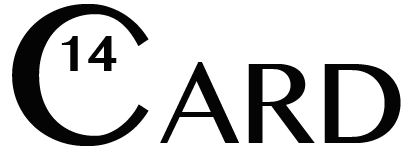CARD fuzzes location data for public visitors to the database. Accessing CARD's full capabilities requires an account available only to researchers at accredited institutions.
- Lab number
- Beta-139755
- Field number
- CMC-1537
- Material dated
- walrus bone collagen; collagène osseux de morse
- Taxa dated
- Odobenus rosmarus baculum
- Locality
- below Fort Beausejour dyke, Beausejour Beach, Cumberland Basin, Bay of Fundy, New Brunswick
- Map sheet
- 21 H
- Submitter
- D. Keenlyside
- Date submitted
- July 18, 2003
- Measured Age
- 3530 ± 50
- Normalized Age
- 3710 ± 50
- δ13C (per mil)
- -13.7
- Significance
- Maritime Archaic; Archaïque maritime
- Context
- organic sandy matrix on the low-tide beach
- Associated taxa
- Mammalia: Odobenus rosmarus
- Additional information
- AMS date. Sampled at extreme low tide
- Comments
- Beausejour Bayonet, BlDb-10: D. Keenlyside reports that an in situ tree stump was exposed at low tide, at the base of a steeply sloping beach where the beach begins to level off. It was about 75 meters below the dyke. The tree stump (GSC-6627) was closely associated with cultural finds. A walrus baculum removed from an organic sandy matrix several meters away, but at same stratigraphic level, was dated by Beta-139755. A surface collection of 46 stone plummets in immediate area of stump, and at the same stratigraphic level, typologically date to 3500-4500 BP (Maritime Archaic). The tree stump is part of a drowned forest which is closely associated with a human occupation. Thus its ecological context, and palaeoenvironmental interpretations (vegetational, climatic, and sea level implications) are significant for the Maritimes and the northeastern seaboard.
